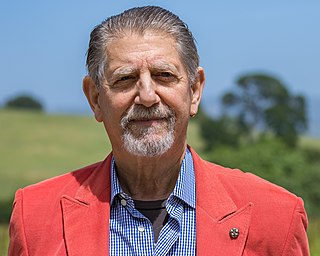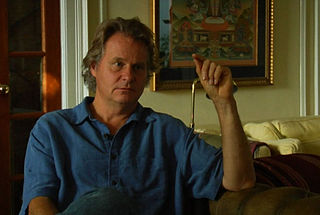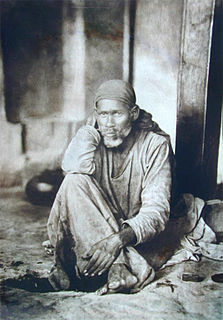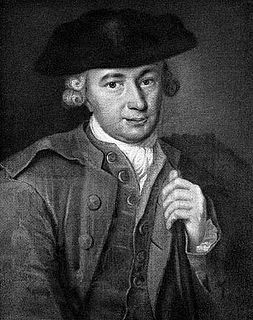A Quote by Judith Martin
The idea that people can behave naturally, without resorting to an artificial code tacitly agreed upon by their society, is as silly as the idea that they can communicate by a spoken language without commonly accepted semantic and grammatical rules.
Related Quotes
The idea of absolute freedom is fiction. It's based on the idea of an independent self. But in fact, there's no such thing. There's no self without other people. There's no self without sunlight. There's no self without dew. And water. And bees to pollinate the food that we eat...So the idea of behaving in a way that doesn't acknowledge those reciprocal relationships is not really freedom, it's indulgence.
It is impossible to devise an experiment without a preconceived idea; devising an experiment, we said, is putting a question; we never conceive a question without an idea which invites an answer. I consider it, therefore, an absolute principle that experiments must always be devised in view of a preconceived idea, no matter if the idea be not very clear nor very well defined.



































